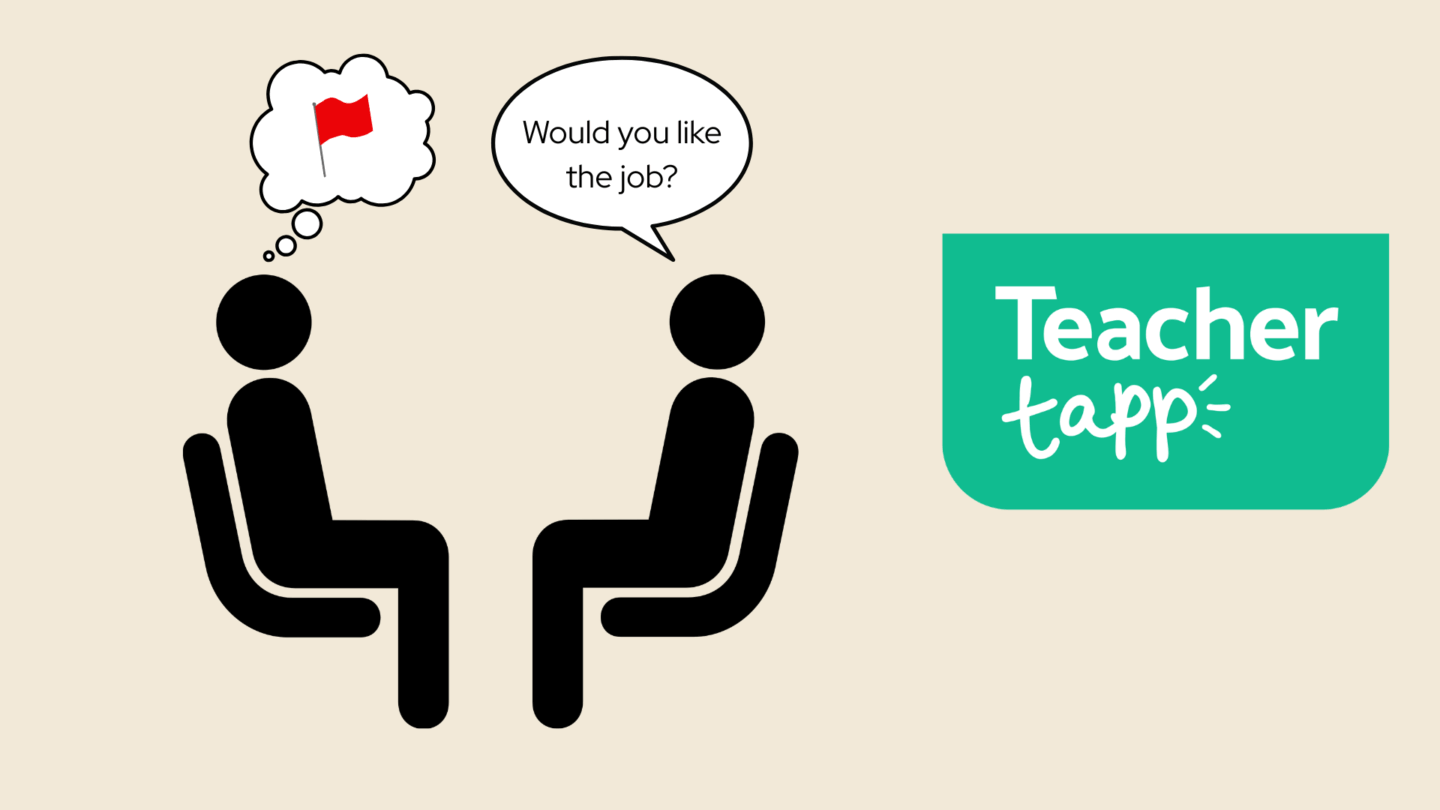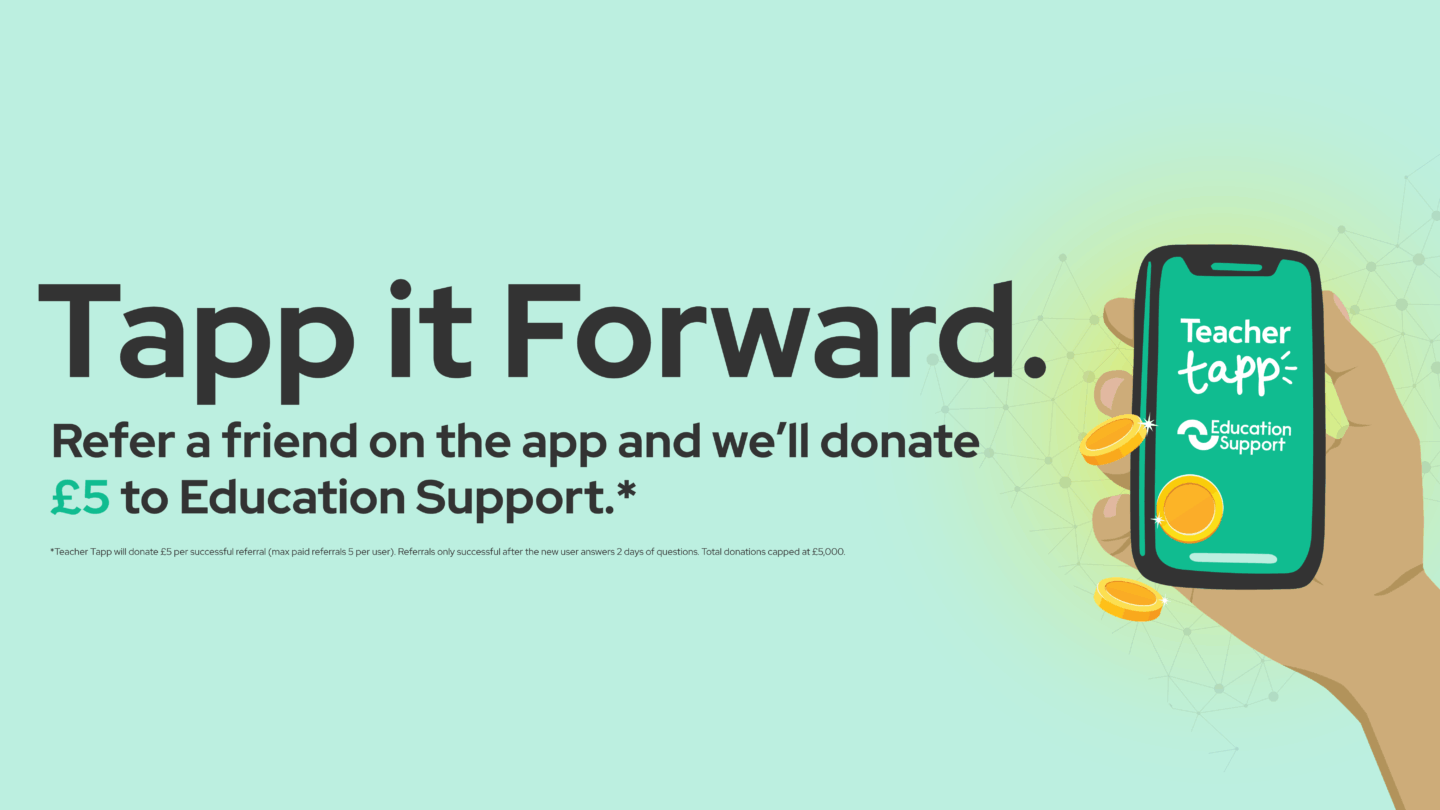Over the past few months, we’ve been busy making some behind-the-scenes updates to the app! 🎉 We’re super excited about what the changes mean in the long term (e.g. new features!) and we can’t wait to tell you more in the coming weeks. Before then, we’ve got to jump the hurdle of getting everyone onto the new system. Until (almost) everyone is in, we can’t speed ahead SO if you see a message asking you to update your app in the next week or so, please do! 🙏
1. Good behaviour, bad behaviour
Would you be able to recall your school’s behaviour policy? Back in May, 75% of you claimed that you would be able to recall the majority of it. But how do you feel about its contents?
Let’s just say you weren’t singing its praises. 59% claim that the policy is usable – but it does go downhill from there. Only 50% said that it was a fair policy for students, and worse still, only 30% say that it’s effective!

There were some interesting disagreements between classroom teachers and heads, though 👀. Most notably, only 25% of classroom teachers reported that their behaviour policy was effective, compared to 65% of heads. Furthermore, only 37% of classroom teachers reported that their policy was clear, compared to 64% of heads.

The disagreements continued between classroom teachers and heads in the implementation of their policies. While 95% of heads and 71% of SLT thought behaviour policies were consistently enforced, this view was not shared among classroom teachers or even middle leaders, where less than 50% thought the same.

It’s not just your seniority that influences how you view the behaviour policy, though! Teachers are far more likely to think that the behaviour policy is effective if it is aligned with their values. They are also far more likely to think that it is a clear and reasonable policy.
55% of teachers who say that their policy does not align with their values do not think that the policy is effective, clear or fair. This only applies to 5% of teachers who say that the policy does align with their values.

2. Would you keep the same class, or the same curriculum?
This week, you were asked whether you prefer keeping the same class (and following them to a new year) or the same curriculum and changing classes. The result joined the groups of other polls which ended in a 52:48 split.
Secondary school teachers marginally favoured teaching the same pupils. Between secondary school teachers, there was a 52:48 split between those teachers who wanted to teach the same pupils and those who wanted the same curriculum.
However, nearly two-in-three Maths and Languages teachers were in favour of remaining with their current group and teaching them again, whereas the opposite was true for English teachers, where there was a majority who would prefer to stick with the current curriculum.

For Maths and Languages, the content is very hierarchical, and so there are great benefits to knowing where they got to, how they were taught and what they struggled with each year. On the other hand, English teachers may study new texts requiring the creation of new resources, which is a time-consuming endeavour when they could re-use their existing resources for a different class.
An equivalent question was asked to primary teachers, but there was no such disagreement among them. 83% of both EYFS/KS1 and KS2 teachers were in favour of teaching the same year group year on year. It’s likely a similar argument applies here as to English teachers – whereby teachers have prepared the resources for their year group. (And, of course, they spent every hour of every day with a class, so maybe it is time for both sides to move on!)

3. A quick pandemic update!
As always, we’ve been tracking how the pandemic has been progressing. Since June, the percentage of you who report having tested positive for COVID-19 has doubled. Furthermore, for the first time since the pandemic began, more than half of you think that you may have had COVID.

What about its effect on students and the attainment gap? Around 90% of you are in agreement that the attainment gap has increased because of the pandemic. However, its teachers in the most deprived schools who fear the gap has grown the most. 38% of teachers in FSM Q4 schools said that there was a substantial increase in the attainment gap, compared to 19% of those in FSM Q1 schools.

Finally… we know you love the daily read, so here are the ones from last week
The most read it this week was: Are children today ‘too fragile’?
And here are the rest for your reference:





